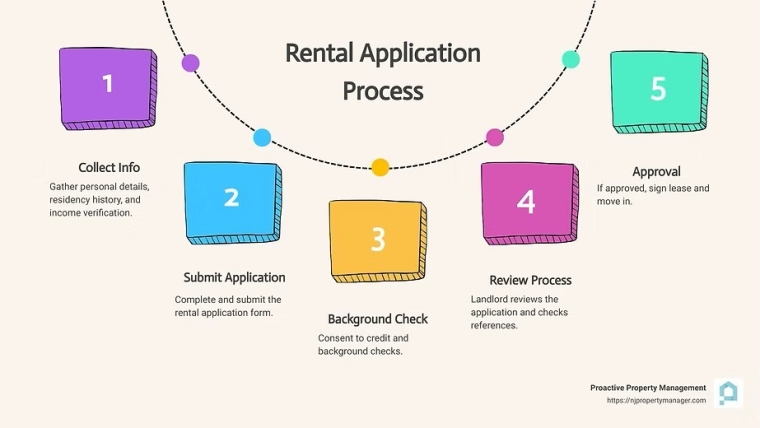The Nigerian equipment leasing market is evolving rapidly, driven by a combination of technological advancements, changing business needs, and economic factors. As businesses seek to enhance productivity and efficiency, understanding current trends in equipment demand and the financing challenges they face is crucial for strategic planning. Here’s a closer look at the key trends shaping the landscape of equipment leasing in Nigeria.
1. Growing Demand for Technology-Driven Equipment
Nigerian industries like construction, manufacturing, and agriculture are increasingly investing in advanced machinery that boosts productivity and reduces costs. Automation and smart technologies are becoming essential for streamlining operations.
2. Focus on Sustainability
Sustainability is a priority, with companies opting for eco-friendly equipment that meets international standards. This shift is driven by consumer demand and regulatory pressures, giving leasing companies with sustainable options a competitive edge.
3. Financing Challenges
Access to capital remains a barrier, especially for SMEs struggling with high interest rates and strict lending criteria. Fluctuating exchange rates also complicate budgeting for imported equipment. Many businesses are turning to leasing as an alternative financing solution, allowing them to acquire necessary equipment without hefty upfront costs.
4. Rise of Flexible Leasing Solutions
To address financing challenges, the market is seeing more flexible leasing options, including short-term leases and customized payment plans. These adaptable terms help businesses manage cash flow while accessing the latest equipment.
Conclusion
The equipment leasing landscape in Nigeria is evolving, marked by rising demand for technology, a focus on sustainability, and financing challenges. Staying informed about these trends enables businesses to make strategic decisions and leverage flexible leasing solutions to navigate obstacles and pursue growth.



